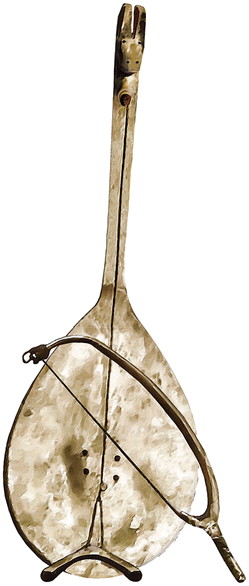The Qur’ān is usually read as a canonical text, constituting the foundational document of the Islamic religion. This paper proposes a new approach: reading the Qur’ān as the communication process between the Prophet and his community, which allows for the recovery of its dramatic character. It also enables us to reclaim its cultural context by tracing out the processes of negotiations, appropriations, or rejections of earlier Jewish and Christian traditions. The Qur’ān thus emerges as the testimony of a revolutionary late-antique religious paradigm.
